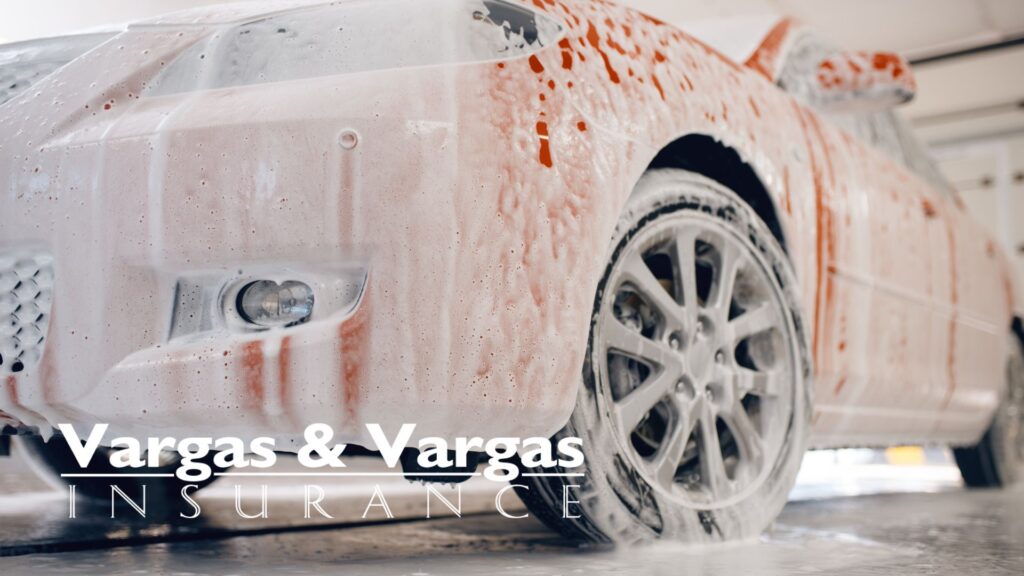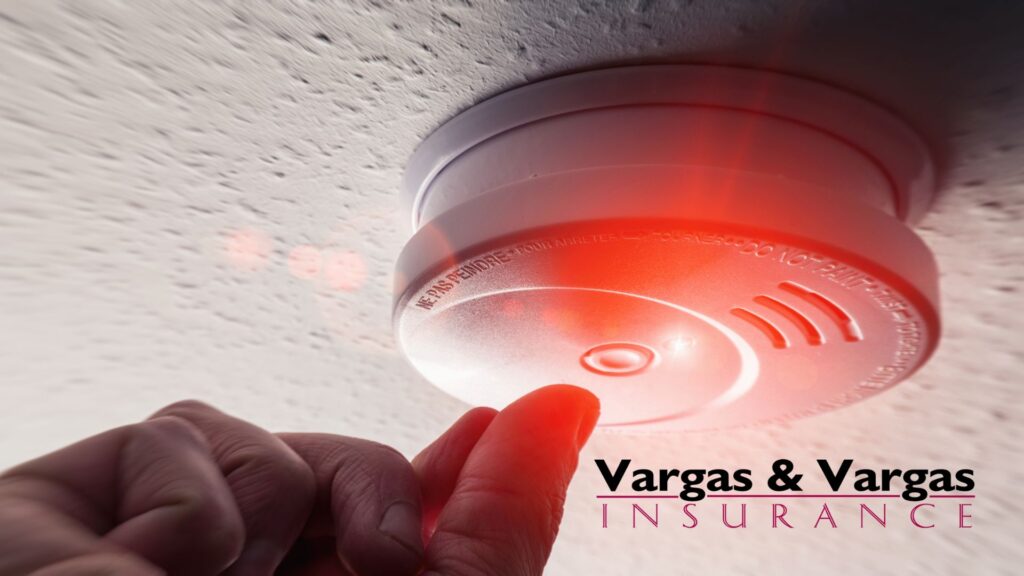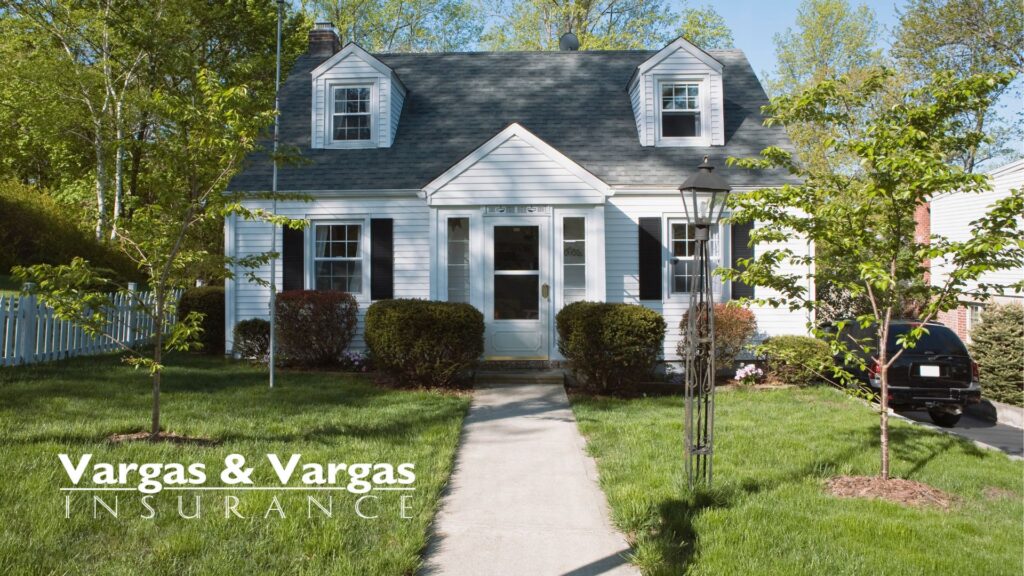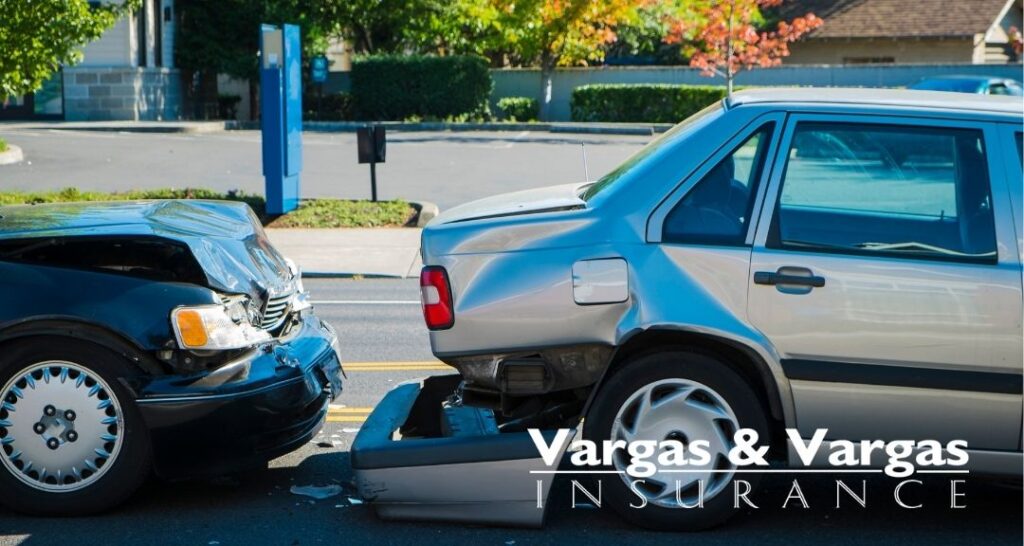Does a Lapse in Car Insurance Affect Your Rates?

Among the best ways to save money on auto policies is to make sure you don’t have a lapse in car insurance coverage. This is when, for whatever reason, you stop payments on your policy for your automobile.
While it may save you a few dollars this month, it’ll come back to haunt you later on, especially in the event of an accident.
In reality, the only lapse in auto coverage you should ever have is when you have no vehicle to drive. You can’t really put insurance on something that doesn’t exist. Though, it’s probably a good idea to get non-owner car insurance if you plan on borrowing or driving someone else’s vehicle.
How a Lapse in Car Insurance Affects Your Rates
Typically, the effects on your rates depend on the amount of time that has lapsed. In many cases, there is an 8% increase if you haven’t had insurance within 30 days. Afterward, it could get much higher ranging up to 35% for a lapse of 31 days or more.
For an annual policy, this could result in paying hundreds of dollars more than what you would have paid. This is why it’s important to get back onto an insurance policy as soon as your old plan expires.
And that’s if you’re not a high-risk driver. The amount you pay could be significantly higher.
Now, this is an estimation as every insurer will have its own policies and penalties. But you can bet that any lapse will result in some sort of higher premium.
What to Do if You Have a Lapse in Car Insurance
Not all lapses in coverage are on purpose. Sometimes people forget to pay their premiums. Or, maybe something else caused the insurer to drop your plan.
In any case, it’s a necessity to get coverage as soon as possible if you continue to drive.
A few things you can do include:
- Have your local independent insurance agent ask your insurer for a reinstatement. In some cases, your agent may be able to work with you to reinstate your policy with minimal penalties if done quickly enough.
- Have your insurance agent shop around to see how much of a penalty you’ll have to pay for coverage. Perhaps they can find an insurance comoany that is cheaper overall.
- Refrain from driving until you’re properly covered. Even if you don’t get into an accident, you can still get a ticket or a potential court appearance should you get pulled over by an office for any other reason.
License, registration, and proof of insurance…
Don’t Forget to Seek Discounts
Some insurers will still allow you to qualify for certain discounts to offset penalties from a lapse of car insurance. This could include things like a good driver’s discount, low mileage use, combining policies such as including homeowner’s insurance, anti-theft devices, defensive driving courses, and more.
Ask your provider what discounts you qualify for even with the lapse in coverage. It could help reduce your monthly payments after a lapse.
It’s Best to ALWAYS Have the Auto Covered
A lapse in car insurance can happen for a myriad of reasons. And many of them might not even be your fault. However, you’ll still feel the brunt of a lapse if you take too long to rectify the situation.
At Vargas & Vargas Insurance, we work with many national insurance companies and may be able to help you find car insurance policies that are affordable even after an extended lapse. Contact us today to find out how we can help you get back on the road.
After all, the sooner your car is covered, the cheaper it’ll be in the long run.














































